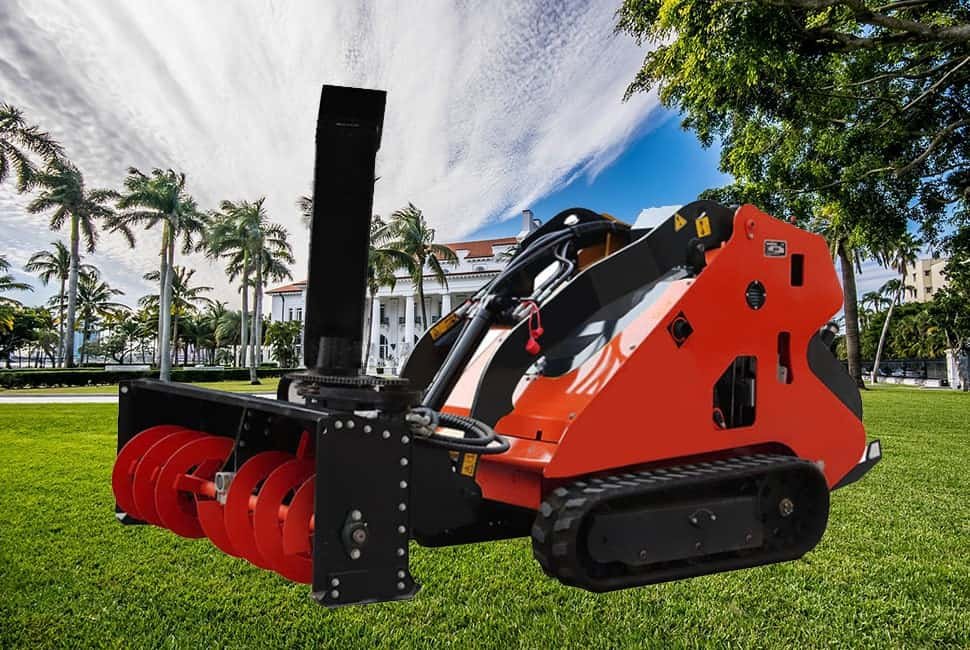Introducción
Construction sites often need heavy machinery with buckets to load or move equipment and supplies. Wheel loaders are commonly used in building and construction projects. The term “loader” refers to any heavy equipment in the construction industry that is used to load or move materials. Examples of materials that need loading include soil, garbage, logs, asphalt, and other items that need to be cleared from the surface.
Telescopic wheel loaders are becoming more and more popular on construction sites around the world. These loaders come in various sizes, so even the most challenging tasks can be handled by just one machine. Contrary to popular belief, telescopic loaders are not weak. In fact, they are based on conventional wheel loaders but with an added telescopic boom that allows them to reach higher levels. They are available in a wide range of sizes to meet different needs and are currently enjoying great popularity.
Depending on your needs, you can pick from a number of different wheel loader models. When compared to the load arms of standard wheel loaders, the lift height and coverage of telescopic wheel loaders are significantly superior. Telescopic wheel loaders were gaining in popularity because of their many useful applications and increased reach and dump capabilities.
Here’s everything you need to know about Telescopic wheel loaders before you buy one.
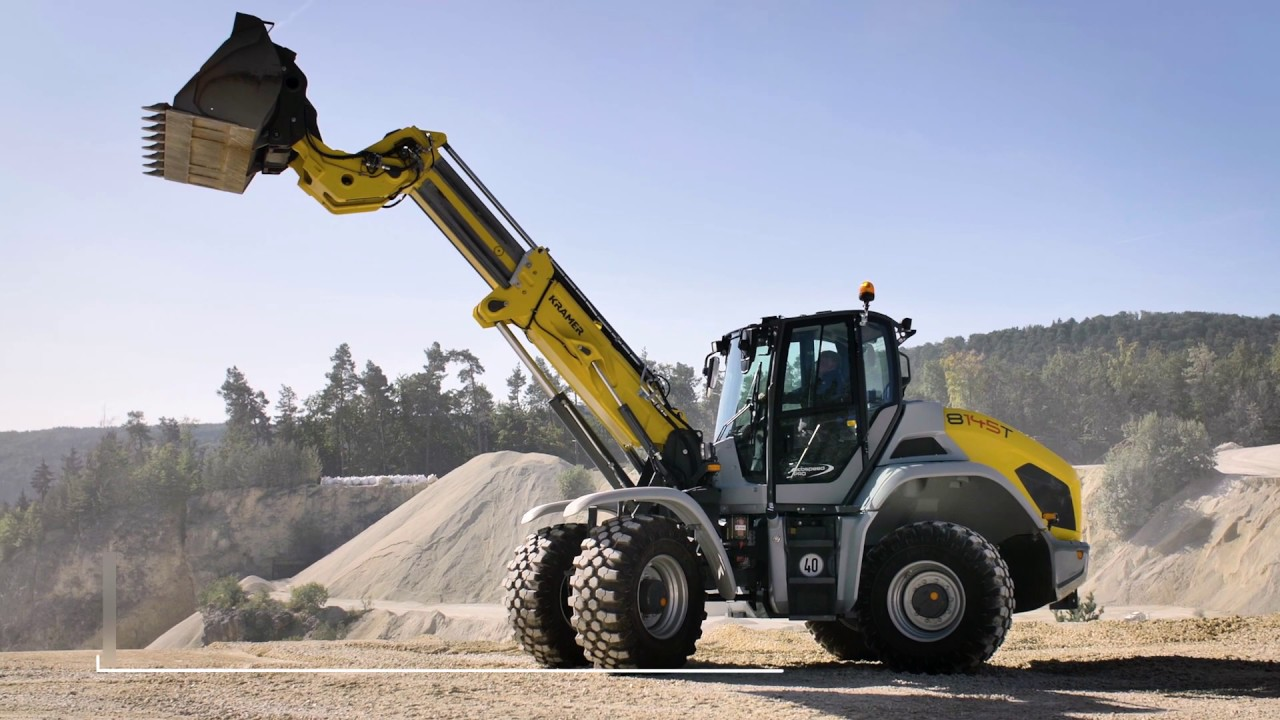
What Are Telescopic Wheel Loaders?
If you need more vertical reach, a telescoping wheel loader is a tool for you. The advantages are evident in cargadores de ruedas telescópicas as it combines the maneuverability of wheel loaders with the stacking height of telehandlers. Flexible and highly productive, telescopic wheel loaders are built to swiftly and easily transport a wide variety of materials.
Includes a telescoping handle for added convenience, as well as a range of attachment points for use with a variety of tools. A telescoping arm on these machines provides far greater lift height and coverage than that of typical wheel loaders with load arms. In addition to being functional, it provides a high level of working comfort and meets improved safety standards.
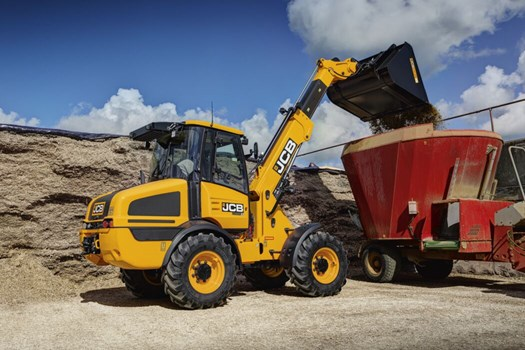
Agility, stability, and lifting force are just some of the primary attributes of the articulated wheel loader that also apply to the telescopic wheel loader. In terms of both lifting height and machine capacity, they are unparalleled. You can confidently take on any task when you have all-wheel drive and all-wheel steering.
Because of their adaptability and the variety of attachments available, Telescopic wheel loaders can be used for a wide variety of tasks. The telescopic wheel loaders we offer are a combination of cutting-edge engine technology with years of technical practice.
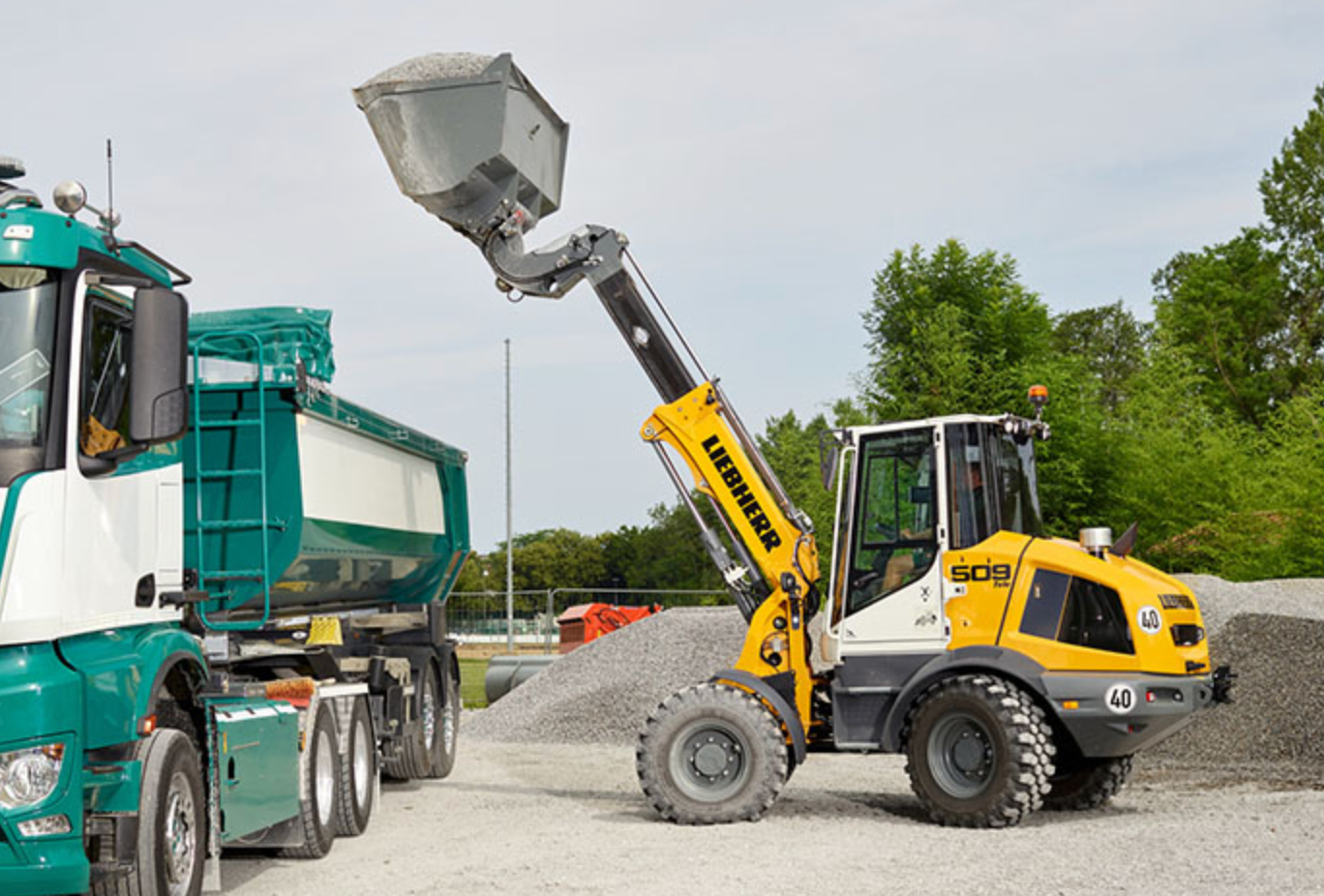
Applications Of Telescopic Loaders
Stacking and Dumping- They are used to stack and dump things and handle high-sided trucks and containers.
Block Handling- lifting and moving blocks over rough, steep, and wet ground.
Rock Handling- Have enough strength, stability, grip, and durability, and be built to withstand hot, dusty conditions.
Log Handling- Made with a large capacity, the ability to change, and a wide range of accessories for cutting, hauling, etc.
Agricultural Applications- Can be used indoors or outdoors and can move a variety of loads on farms, no matter what the weather or terrain is like.
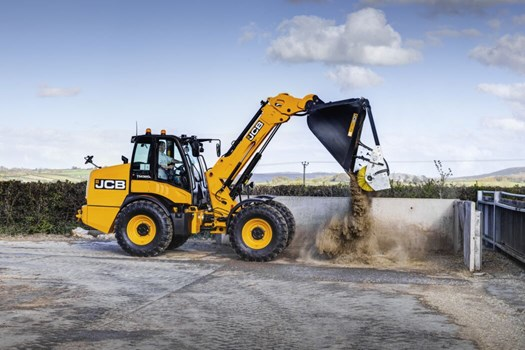
Factors Behind the Popularity Of Telescopic Wheel Loaders
Greater Capacities, Smaller Machines
Flexible and highly productive, telescopic wheel loaders are built to swiftly and easily transport a wide variety of materials. A tiny telescoping wheel loader is a great choice when load over height is your priority. The purpose of these is to increase efficiency in limited spaces.
Optimized Loader Linkage for precise load management, all-around vision from the convenience of an insulated air suspension seat in the cab, and standard fuel savings set the benchmark for modern compact Telescopic wheel Loader performance. Because of its small size and user-friendly controls, this machine is ideal for use in confined spaces.
Contractors can save money by not buying a more expensive machine of a greater size because of the improved lift height of these machines. Because of its compact size compared to larger loaders, a telescopic compact loader is a great option for working in specific locations.
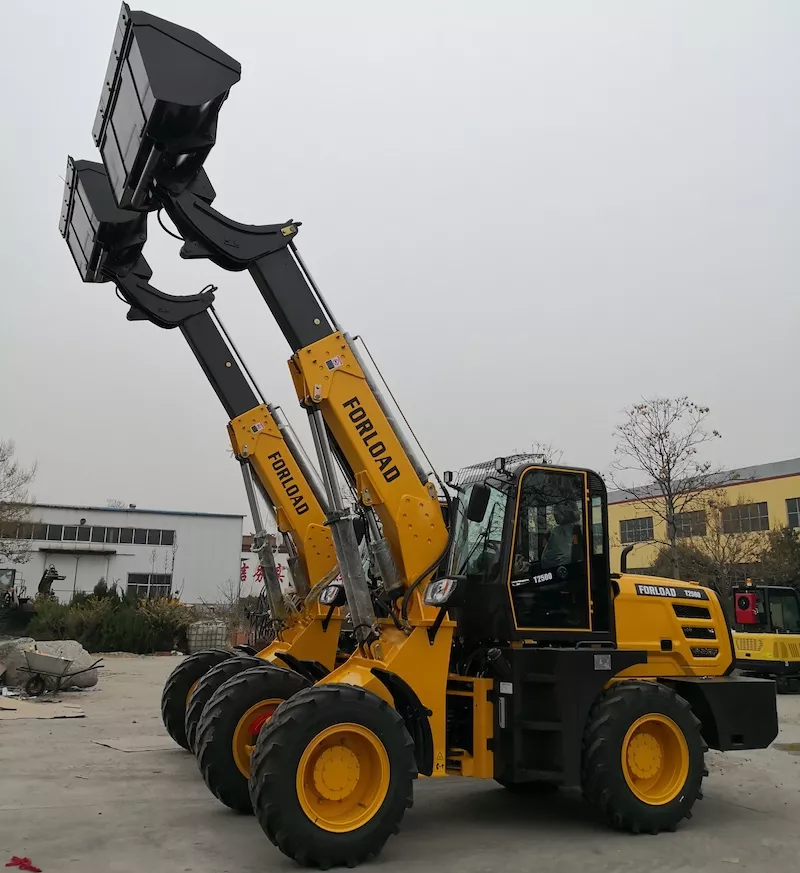
Safely and accurately reaching greater heights and distances is now possible with the telescoping loading facility.
They not only open up fresh possibilities but also have the potential to tremendously enhance current methods of operation. Since this occurs, economic efficiency and profitability are greatly improved. These wheel loaders are widely used because of their low operation cost, high safety level, and user-friendliness.
Safety
Every type of heavy machinery comes with a predetermined degree of danger, and employees tasked with operating these machines must have adequate training in the proper handling techniques and safety rules. The operator will have an easier time understanding how the stability of the machine is affected by the boom position if a standard load management monitoring system is used.
The information required on the load that is being carried by the loaders might be provided by various colored indicators. Before beginning the load, the Device is positioned in the cabin such that it has the best possible view of its display. The operator is informed by green lights when they have reached a specific percentage of their maximum operational load.
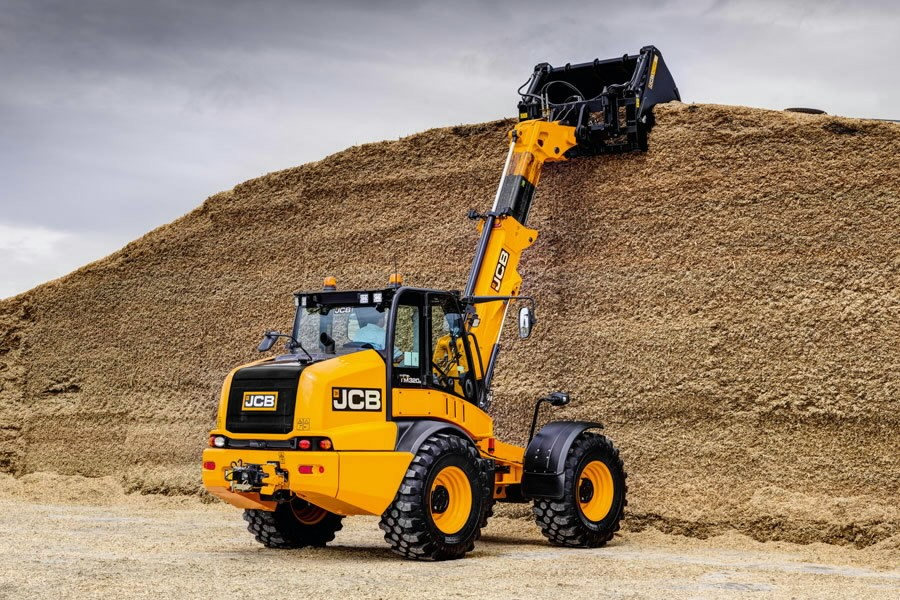
When the system determines that the load is more than this amount, an amber warning light shows up. It is a warning signal to the operator that they need to adjust how they operate the machine. When the operator goes over the acceptable range of the operational parameters, a warning light will turn red.
The telescoping function will become inoperable until the operator brings the load back within the acceptable range of the parameters. The machine is highly stable due to the all-wheel steer design, which keeps the center of gravity.

Gobierno
The steering, which is used to maneuver telescopic wheel loaders, is a key component of these machines. Steering is a system of components and linkages that allow the driver to control the direction of the machine. An advanced steering system is utilized to reduce noise and vibration caused by the steering hydraulic pressure. Moreover, it reduces the steering valve’s size.
It will fix the issues with the hydraulic steering of conventional wheel loaders. It is important to note that the steering control regulates the automatic steering valve with lower pilot pressure. It regulates the automatic steering valve using reduced pilot force.
Noise and vibration can be reduced if the steering pump’s high pressure is not utilized as-is. Specifically, a relief valve has been installed in the steering valve. Consequently, the size of the steering valve has indeed been reduced. It makes it easier to comprehend and lower the noise and vibration felt by the operator, thereby facilitating work.
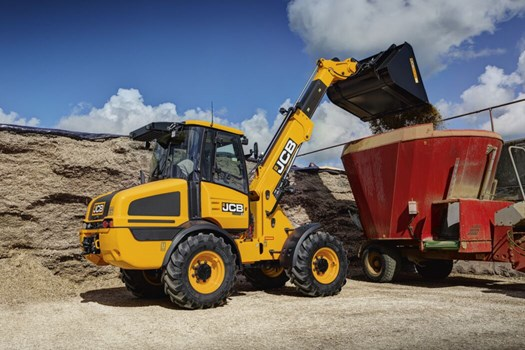
The device offers three steering wheel rotation options: all wheels, front wheels, and crab steering. To change the steering mode, the operator needs only turn a switch on the dashboard, and the machine will instantly adapt to the new steering mode.
Power
The vast majority of construction sites make use of wheel loaders. These are equipment that possesses high levels of strength and sturdiness. Moreover, they allow for the completion of tasks in a relatively short period.
Contractors favor telescopic wheel loaders over conventional wheel loaders for a number of reasons. The most common reason is their greater energy efficiency.
The driving components and machine control system significantly impact the amount of fuel in equipment. The load-sensing hydraulics make it possible to adjust the amount of hydraulic power. This power is used to match the minimum amount needed to lift the load.
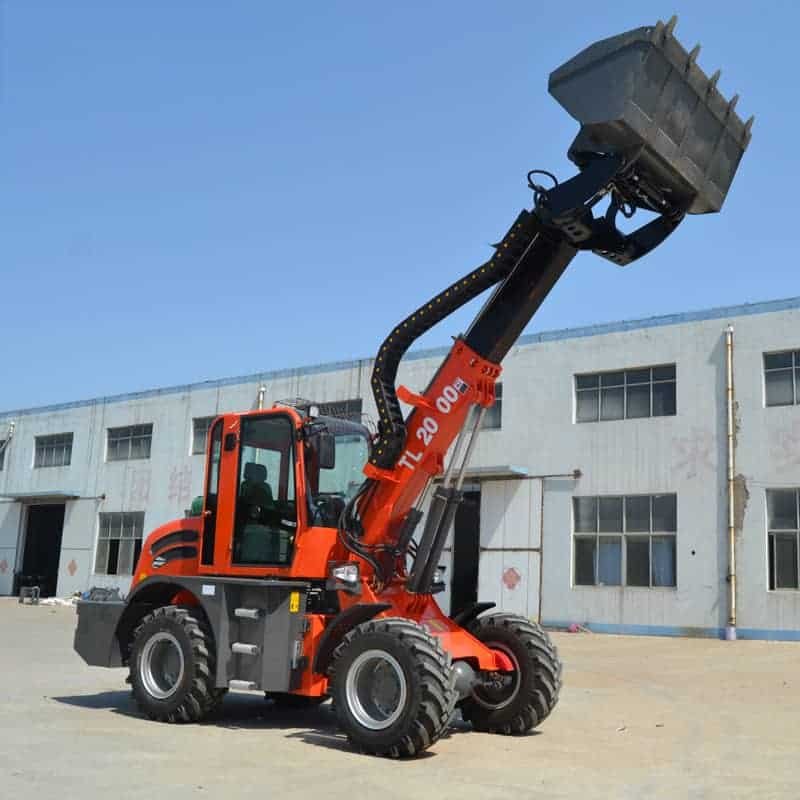
As a consequence, there is a reduction in the amount of energy used and the amount of stress placed on hydraulic systems. The superb powershift gearbox with Torque Lock and the greatly increased visibility both contribute to the telescopic wheel loader’s status. This makes it a highly effective machine. The upgraded transmission results in an increase in the machine’s overall pushing power.
Convenience Features
This cutting-edge wheel loader has two tanks for optimal weight distribution and stability. The revolutionary cab design has set new standards for comfort in the compact wheel loader sector. A few extra steps have been built into the entrance’s wide layout for the sake of convenience and security.
The driver can get some assistance in this area with the optional tilt-adjustable steering column, which allows for a more comfortable position behind the wheel. Perfect for use in supply yards, agricultural settings, and other places where an open cab is desired or permitted.
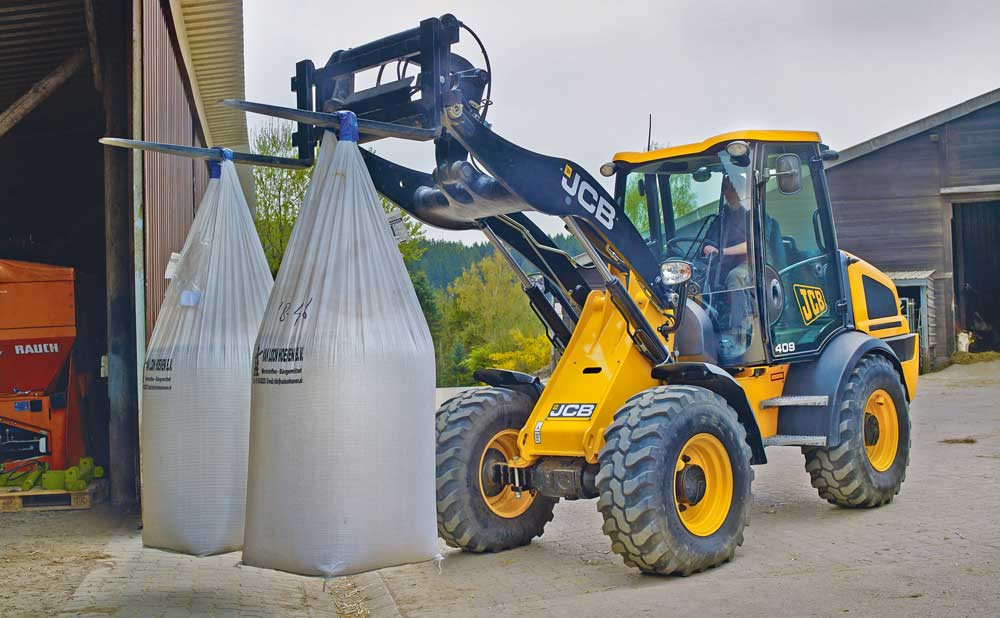
A new sturdy four-post canopy that complies with ROPS/FOPS allows for an excellent all-around vision of the machine.
As found in cab enclosure variants, a telescopic wheel loader features the most recent generation of electro-hydraulic controls. Modern compact wheel loaders outperform other types of light machinery in several key respects, including reach, lift capacity, visibility, and operator comfort. Spacey and well-equipped for the operator, the cabin can be used for long periods without the operator being fatigued.
Conclusión
Choosing a cargador de ruedas telescópico that is suitable for your workload and working conditions is crucial. Knowing where and for what activities the telescopic wheel loader will be used is vital. This will be useful when you look for telescopic wheel loader sizes and specifications that meet your needs.
Wheel loaders from different manufacturers can be easily compared and contrasted with their detailed specifications, weight, and sizes. Look for a wheel loader that checks all the boxes when it comes to safety, durability, power, and efficiency.
For further information about the telescopic wheel loader, please feel free to contáctanos. We are ready to answer any questions.

